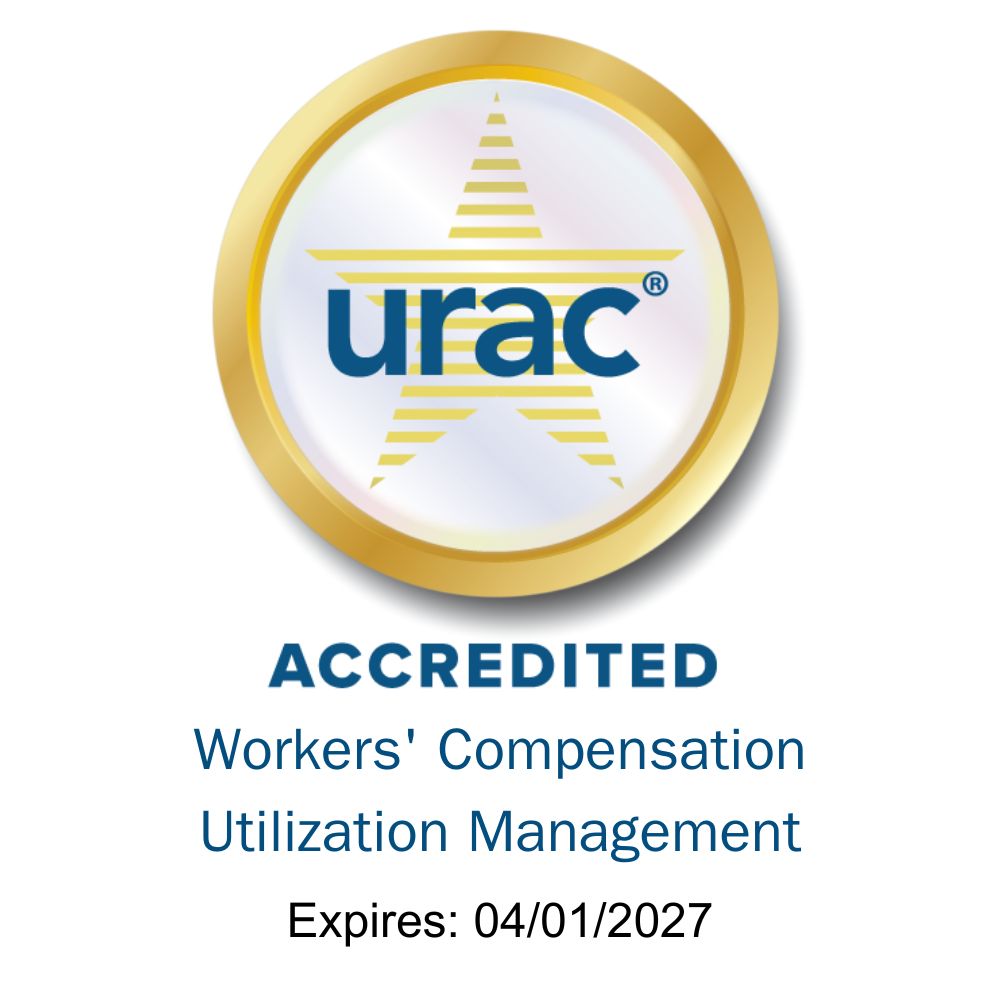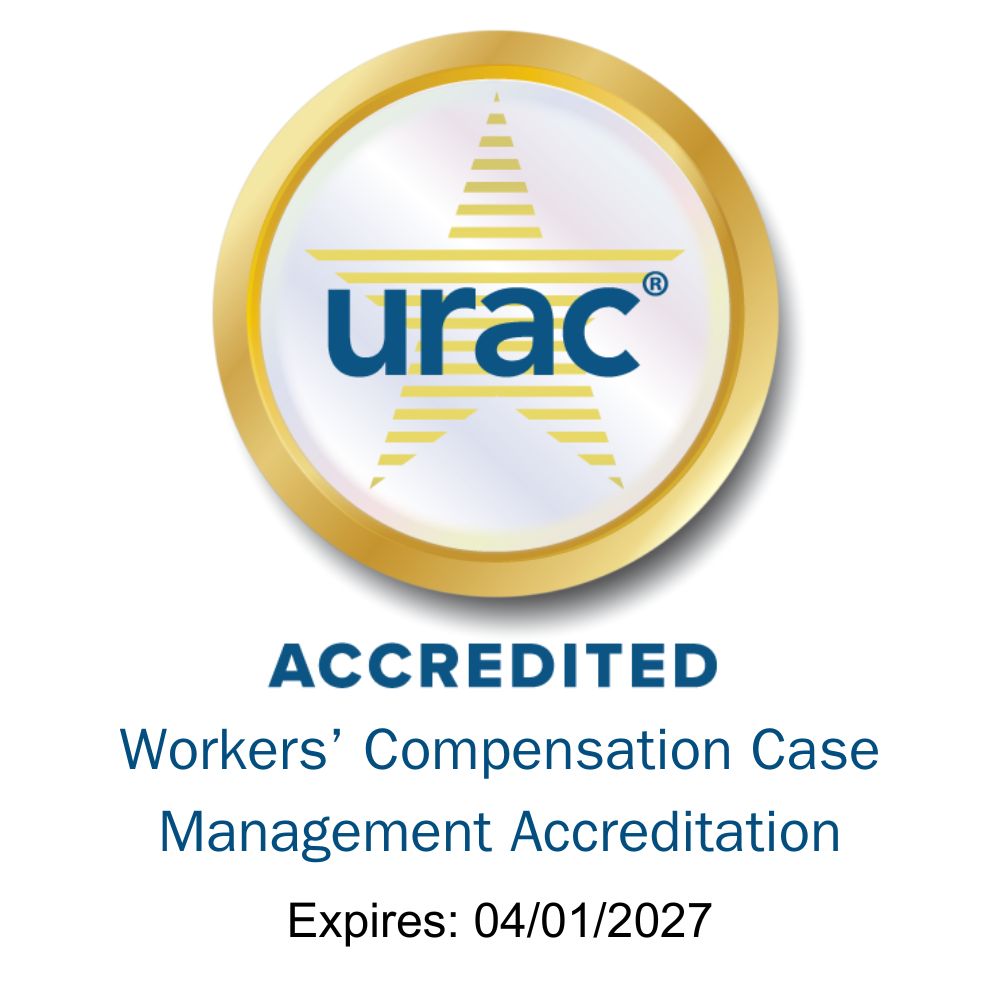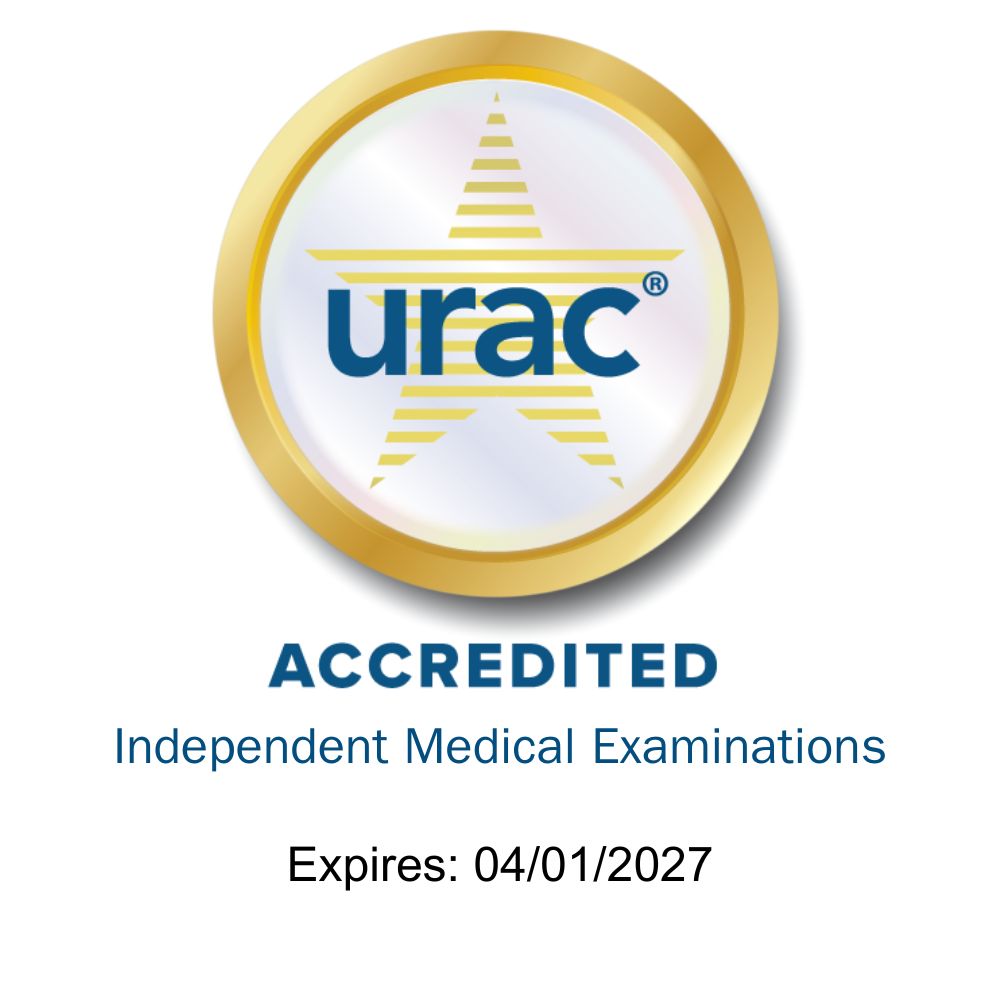Keep current with new legislation and its potential effect on your organization. This regulatory update is for informational purposes only, and provides some key highlights on state initiatives that may impact the bill review services Genex provides.
Click here to download the PDF.
NATIONAL
The Centers for Medicare and Medicaid have made changes to the following files and fee schedules, all effective July 1:
- Physician Fee Schedule
- DMEPOS Fee Schedule
- Clinical Laboratory Fee Schedule
- Ambulatory Surgery Center Approved HCPCS Codes and Payment Rates
- Outpatient Hospital Addendum A and B
- HCPCS Codes Update
- ASP Drug Pricing Files
CALIFORNIA
The Division of Workers’ Compensation has posted updates to the following fee schedules, effective July 1, 2019:
- Physician Fee Schedule to conform to Medicare
- Outpatient and Ambulatory Surgical Center Services Fee Schedules
- Pathology and Clinical Laboratory Fee Schedules
- DMEPOS Fee Schedule
WATCHLIST: SB 537 would require workers’ compensation medical provider networks (MPNs) to list all medical providers on a public roster. The bill has passed the California Assembly and at mid-year is being considered in the state senate. If passed in its current form, SB 537 would:
- Prohibit MPNs contracting for less than the applicable Medicare fee schedule payment.
- Prohibit MPNs from altering the treatment plan established by a physician and physical therapist that complies with the medical treatment utilization schedule.
- Prohibit MPNs from altering, adding or deleting common procedure billing codes related to a claim of service, unless authorized by the provider.
- Allow a health care provider or health facility, and a contracting agent, employer, or carrier to contract for reimbursement rates different from those in the fee schedule, but the contracted rates shall not be less than the applicable Medicare fee schedule payment. If contract rates are different from those in the fee schedule, the medical fee schedule for that health care provider or health facility does not apply to the contracted reimbursement rates, except that the contracted reimbursement rates shall not be less than the applicable Medicare fee schedule payment.
COLORADO
HB 19-1105 was signed into law on April 4. This new law allows nurse practitioners to receive Level I accreditation for purposes of receiving 100% reimbursement under the workers’ compensation medical fee schedule, effective Aug. 2.
FLORIDA
The state has adopted Rule 69L-3.009, F.A.C., Injuries Qualifying as Grievous Bodily Harm of a Nature that Shocks the Conscience. This rule provides additional guidance on the statutory language as it relates to several of the qualifying events outlined in the law. Gov. DeSantis signed HB 983 making the effective date of the rule June 25.
MONTANA
The Department of Labor and Industry has adopted changes to the Professional Fee Schedule with the Facility Fee Schedule. The revisions became effective July 1.
NEW JERSEY
The Department of Banking and Insurance has adopted the medical component of the Consumer Price Index (CPI). Effective July 1, the rule reflects an increase of 3.3%.
NEW MEXICO
The gross tax receipt rates have been updated by the Taxation and Revenue Department and are effective through Dec. 31.
NEW YORK
The Workers’ Compensation Board chair has adopted amendments to Subpart 329-3 of 12 NYCRR to increase and establish fees for emergency room services, rural area outpatient clinics, hospital-based mental health clinics, and private psychiatric hospitals, effective July 15.
NORTH DAKOTA
The Workforce Safety and Insurance department has updated data files for the medical provider fee schedule, effective July 1.
OHIO
The Bureau of Workers’ Compensation has updated its Billing and Reimbursement Manual. The revisions became effective July 1.
PENNSYLVANIA
The Department of Labor and Industry has adopted changes to Part A (Tables A-J) and Part B medical provider files, effective July 1.
RHODE ISLAND
The Division of Workers’ Compensation has adopted adjustments to the Hospital Fee Schedule, including inpatient, emergency room, and ambulatory rates which are effective July 1. http://www.dlt.ri.gov/wc/InfoLetters/2018-04.pdf
SOUTH DAKOTA
The Department of Labor and Regulation has updated its CPT codes with dental. The changes went into effect July 1.
TENNESSEE
SB 810 was signed into law on April 9 and adopted as Chapter No. 124. The new rule restricts prescribing of opioids. The opioid dosage restriction to a 30-day supply of an opioid with a dosage that does not exceed a total of 1,200 morphine milligram equivalent does (40 MME per day).
WASHINGTON
The Labor and Industries department has posted highlights of changes to workers’ compensation rules that will go into effect July 1.







